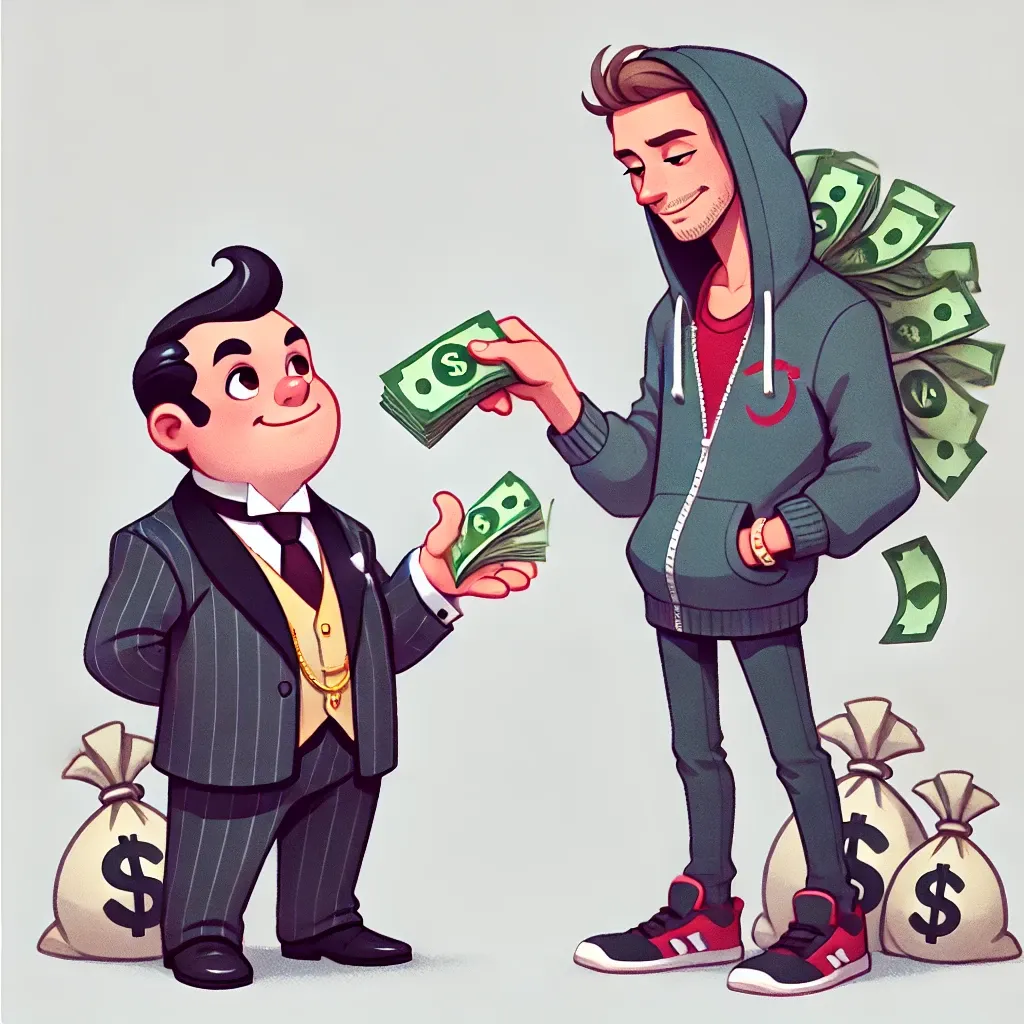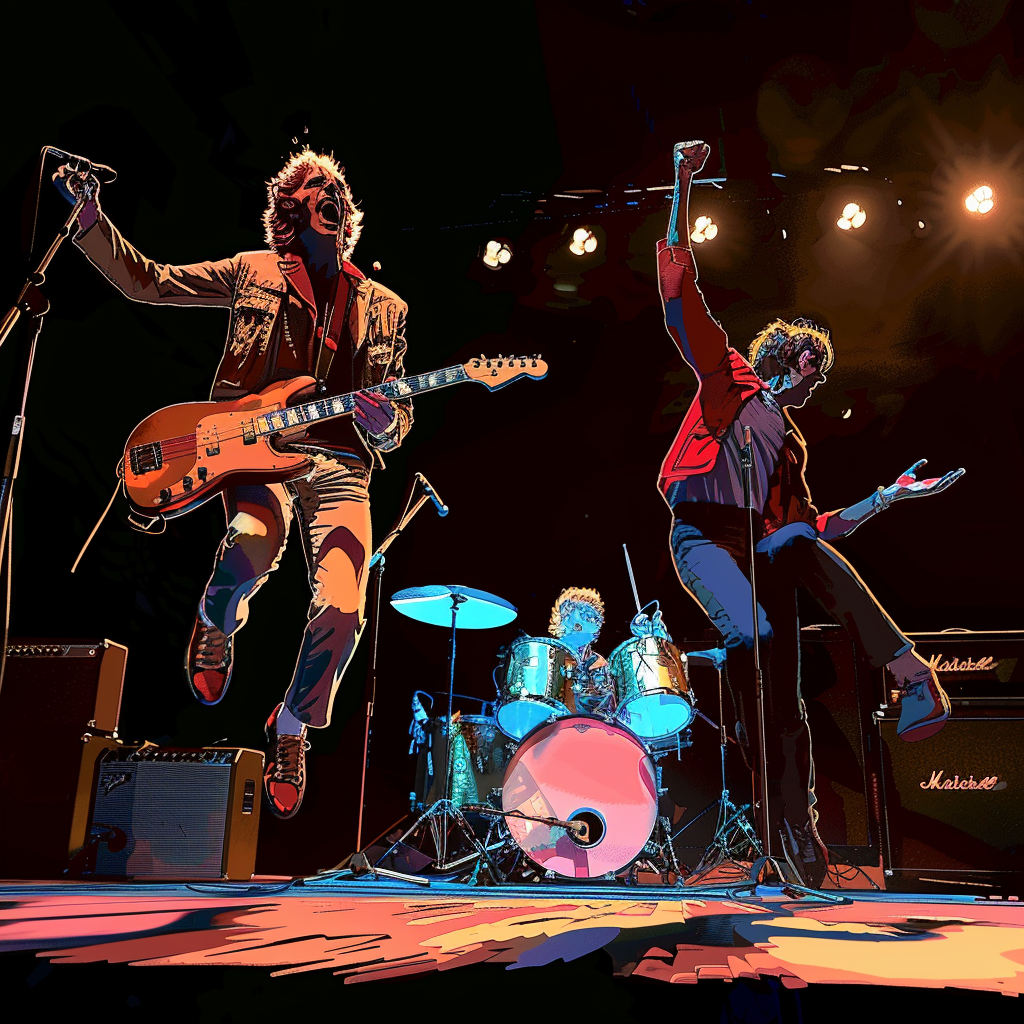Venture Capital's "Crisis"

"When written in Chinese, the word 'crisis' is composed of two characters. One represents danger and the other represents opportunity."
Did JFK know he was talking about the state of the venture capital industry in the 21st century when he gave this quote in a speech over 60 years ago?1 Probably not, as the industry didn't exist at the time. But it does now, and the quote sort of perfectly encapsulates the past five years or so of VC. And now times are once again changing.
As Erin Griffith reports this week for The New York Times:
Venture capital firms raise money — lots of it — and invest it in start-ups in hopes of generating big returns. One thing they rarely do is give the money back.
Yet that is what CRV, one of the industry’s oldest firms, is planning. The firm will tell its investors this week that it will return the $275 million that it has not yet invested from its $500 million Select fund, which is designed to back more mature start-ups.
The reason, four of the firm’s partners said in a joint interview, is that market conditions have changed for the worse. The valuations for start-ups are too high relative to their potential for a payoff, the partners said.
It's an interesting strategy to do press around this. It feels like one of two things. Either it's "let's preemptively talk about this so it's not framed as some sort of implosion of the firm" or "let's preemptively talk about this to frame us as the pragmatic VCs in an era of insanity". Actually, it could be both.
As Griffith notes lower down in the story, this isn't exactly unheard of – it happened after the Dot Com Bubble™ burst, but it has also happened a few times in more recent years. The Dot Com reset rationale was obvious. Newer resets are more nuanced around individual firms. This one feels like sort of a mix of the two.
Without question, the past decade-plus has been an unprecedented build up and expansion of VC as an asset class. This was seemingly happening more naturally and then the pandemic came and threw the world into crisis. But channeling JFK, with the danger, many VCs also saw an opportunity. It seemed like there were suddenly new opportunities in a changed world – social voice networks, virtual conference software, 15-minute delivery apps, etc – but what really happened is that the pandemic just created this sort of temporary bubble, which rather quickly deflated. But it also impacted basically every other company, with most others that operate online in meaningful way seeing growth pulled forward by a couple of years or more. This was true of Amazon on down. But as the world normalized, it became clear that growth would return to the place where it was almost as if the pandemic hadn't happened – it was just a blip, a massive one.
But this all was largely masked by both stimulus and zero interest rates that the government put in place to try to avoid economic collapse. Cash was basically worthless, might as well invest. And what better place to invest than in the future? Startups. High risk, yes. But high reward! Even more money plowed into VC which led to not only the creation of far too many new firms, but also the existing firms getting supersized. Foie gras economics.
This is what led CRV (and almost every other firm!) to expand their funds, raising massive growth or "opportunity" funds. There's that word again. But that's what the time seemed like: a unique opportunity. You could have stayed the course, but it's hard not to play the game on the field.2 And it's especially hard when you're directly incentivized to do so given the fee structure of most firms. LPs want to give you more money. You could say "no" – or you could say "yes" and double the opportunity. Which is VC-speak for doubling the fund and the fees.
[Update: worth noting here that it's entirely possible that such an opportunity fund is structured to draw fees from capital deployed not simply committed, thus making it slightly easier/cleaner to return capital.]
This isn't complicated nor nefarious. It's math and money.
In 2022, CRV raised a $1 billion fund for young start-ups and $500 million for the Select fund, its second fund for more mature companies. The firm said it needed more money to accommodate the bigger investment rounds, higher valuations and the frequency of fund-raising.
It wasn't just that VCs were being greedy – though there was some of that, and some of it rightfully so, to channel another legendary quote, this time from Warren Buffett – it was also that more money was needed to "protect" investments, as it were. Being able to follow-on with pro rata to maintain ownership got very expensive, very fast in this environment.
And that last bit was key as well. It's not just that there were larger funds, it's that fund-raising cycles compacted. What used to be a four-to-five year cycle for fundraising had already been morphing into a three-year cycle as venture grew. ZIRP created one-to-two year cycles. And this was exacerbated by a mini bubble that all the new money in search of homes also created: the crypto craze.
Thankfully, that bubble popped relatively quickly, but it was bad timing with the other macro changes brewing...
But over the past year, CRV’s partners realized that they were passing on lots of investment opportunities for older, more mature companies for its Select fund. The reason was the math no longer worked. CRV does not plan to raise another Select fund.
"The math no longer worked" because the music stopped. 'Opportunity' found its foil once again: 'danger'. Inflation. Interest rates went from zero to the moon. Cash was king again. The IPO window slammed shut and at the same time, the current regulatory regime was hitting its stride, basically making it impossible for meaningful mergers and acquisitions to happen. And a few "hackquisitions" aside, this has basically ended exits for most startups and as such, VC firms.
At the same time, while the music stopped, business didn't. Startups, flush with cash, were still going. And VCs, also flush with cash, were still looking for new opportunities – gotta earn those fees! But new opportunities were harder to come by, especially with early exit potential dwindling. And most VCs had too much money to invest in seed stage anyway – the capital had scaled but the firms couldn't.3 This points to later stage, but the problem was that because of all the elements mentioned above, most startups (at all stages) were overvalued relative to their exit potential in this brave new world. "The math no longer worked."
In order to generate the kind of returns that CRV’s investors expected, many start-ups — far more than ever before — would have to wind up being worth $10 billion or more.
“The data just doesn’t support that,” said Saar Gur, a partner at the firm. “There aren’t many really big foundational companies and big outcomes.”
If CRV kept investing at current prices, Mr. Gur said, it would wind up with lower returns. So instead of settling for worse performance, the firm decided to cut the fund.
So why isn't every fund downsizing like CRV? There are a few reasons. One is the new bubble that formed in AI. Everyone seemingly agrees that the opportunity there is both real and massive – and yet everyone also agrees that it's a bubble, just more of a "natural" one because of said opportunity. But the bubble element is exacerbated because of all the capital in the VC system now looking for a home. Firms are hoping this sector bails out some of the mega funds.
That feels unlikely, but it's a hope.
Other firms are cutting fees in order to keep their money but throw their LPs a bone while acknowledging how the current market has changed. And increasingly, there are secondary transactions taking place in order to get access to some liquidity to either return to LPs, or to get the funds closer to being able to return capital to LPs. Because that IPO window is shut, companies themselves are doing more secondary transactions at increasingly later stages to give employees – and again, some investors – liquidity.
The hope now, one supposes, is that with interest rates again falling the IPO window re-opens soon. But with the election fast approaching and basically no time after that to go public in 2024, next year is what everyone is waiting for.
And that election could also mean meaningful changes to the situation from a regulatory perspective, if nothing else. If Lina Khan leaves, and this signals a change in broader strategy, the M&A market could thaw.
Lastly, the aforementioned hope that AI proves to be a large enough opportunity that it buoys all these funds.
To me, that's the context for how I read CRV's move here. That there's still too much uncertainty around exits and that AI is unlikely to bail everyone out. I think that's probably the right call. Again, that doesn't really speak to the opportunity of AI, but rather the danger in trying to invest in such a fast-moving and constantly changing technology in this environment.
I realize I'm saying this on the heels of OpenAI completing a $6.6B fundraise – the largest ever VC-backed round at a valuation, $157B, which is higher than any American company in history at the time of IPO.
Crisis? The good times are rolling!
Clearly Thrive Capital's position in leading this round is that OpenAI is the once-in-a-generation (read: cycle) company that can become the next trillion-dollar tech behemoth. The revenue growth thus far points to that potential though the profits do not, in that there are as yet none. [Insert the joke about this being a non-profit here.] We'll see. Profits often come later than skeptics think possible – see also: Airbnb or Uber or yes, Amazon. There's a path here, but it's perilous because of the costs involved and the capital needed to cross such a chasm.
A lot has to go right. And a lot has to stop going wrong. Which again, would seem to speak to the state of VC as a whole right now. There's opportunity and there's danger. A true crisis.





1 This famous quote is both contentious and up for debate as to when, where, how, and if he actually said it. Still, it's a great quote. And it fits my narrative here so I'm going with it.
2 That game also included newer players to VC like Tiger, which were deploying capital at an incredible rate. There was immense pressure amongst more traditional VC firms to try to keep up just in case this was "the new normal". It was not, of course.
3 Well, maybe a16z, but they're seemingly now playing a different game.





